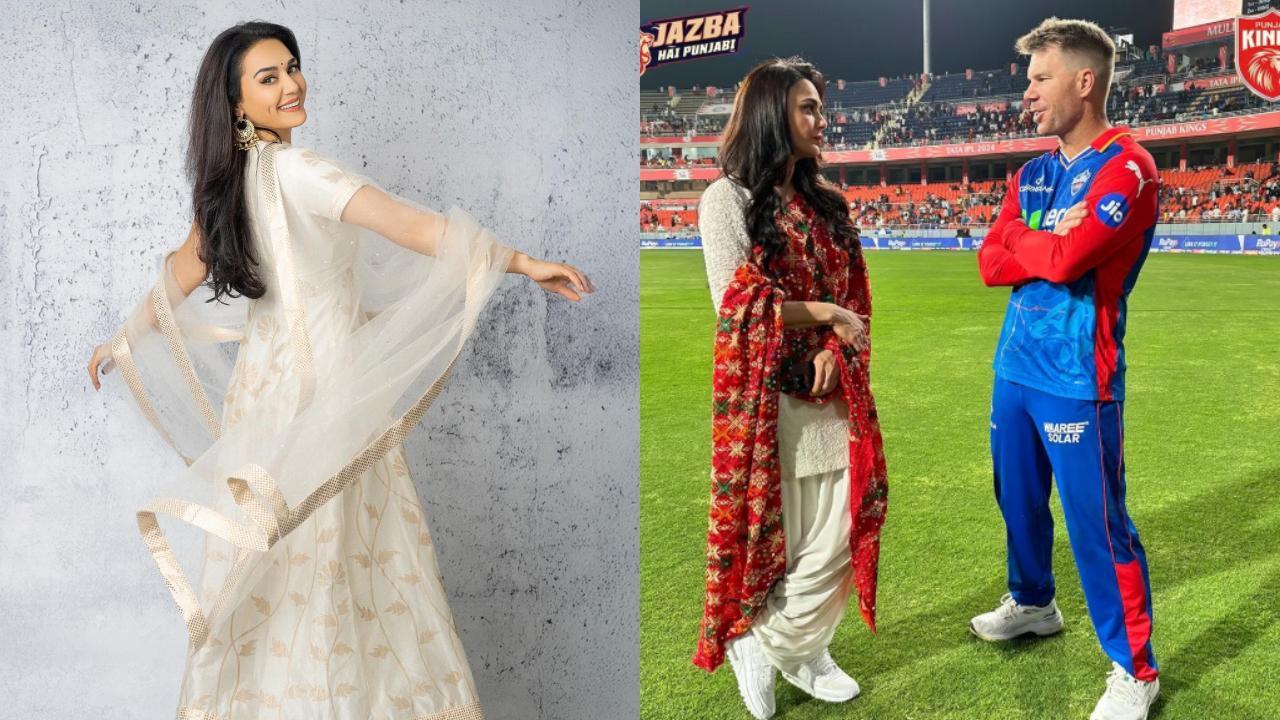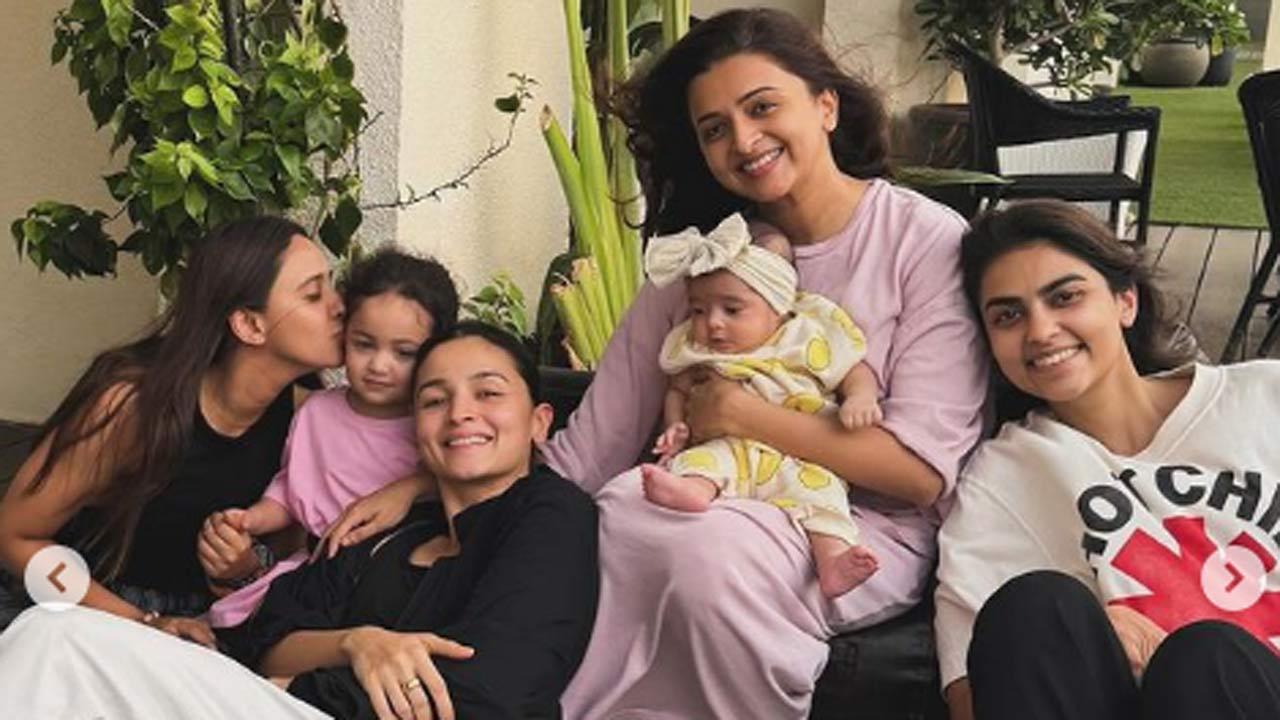
“You should have been named Hemant Kumar because you sing so well,” the exasperated heroine of the 1958 film Solva Saal admonishes the interloping hero for his impromptu serenade. This unexpected praise carries a dense undertone for the lauded melody, ‘Hai apna dil to awara,’ sung by Hemant Kumar. Such commendation was rightly merited as Hemant Kumar’s prowess as a singer-composer spread across both Bengali and Hindi films. His controlled baritone became the preferred voice for legendary actors like Uttam Kumar and Dev Anand. Furthermore, Hemant Kumar achieved the historic milestone of being the first Indian invited to compose music for a Hollywood film—Conrad Rook’s Siddhartha (1972), based on Herman Hesse’s novel, even integrating two of his Bengali songs into the soundtrack.
Born on June 16, 1920, in Benares, Hemanta Mukhopadhyay’s journey from a family of humble means to a musical sensation is inspiring. From a young age, he was impassioned by music, eventually leaving behind his engineering studies to pursue his melodic aspirations. Hemanta’s dual talent as a composer and a playback singer set him apart; his classical influences intertwined with a voice that provided gentle warmth.
Hemant recorded his first Bengali song in 1940 and his first Hindi song shortly thereafter. Yet, despite his early success and establishment in the Bengali film scene during the 1940s, he faced challenges breaking into the Hindi film industry. It wasn’t until the early 1950s that Hemant Kumar, on the invitation to Bombay, made waves with his music in ‘Anand Math’ (1952). His spirited compositions and renditions of iconic patriotic pieces like ‘Vande Mataram’ caught national attention and acclaim.
Following this, Hemant Kumar faced a rough patch with two successive films flopping and contemplated returning to Calcutta. However, he was persuaded to stay. The turning point came with ‘Nagin’ (1954) whose compelling music, especially the snake-charmer melody created using a clavioline by his assistant Kalyanji and harmonium by Ravi, earned Hemant his first Filmfare Award for music. This success solidified his status in the Hindi film industry.
Throughout the 1950s and 1960s, Hemant Kumar continued to create music and lend his voice to several legendary films. He remade gothic literary masterpieces like Bees Saal Baad (1962) and Kohraa (1964), and a stark drama ‘Khamoshi’ (1969). However, his influence in Bombay began to wane in the late 1960s as shifts in musical tastes rendered his genteel voice less dominant in the soundscape.
. Despite this, Hemant thrived in Calcutta, primarily credited for his renditions of Rabindra Sangeet along with film music.
Hemant Kumar became known for changing with the times—he dyed his hair in later life thinking that audiences might not favor love songs sung by someone appearing significantly older. He even declined prestigious awards like the Padma Shri in the 1970s and the Padma Bhushan in the 1980s, citing them as belated honours. Slowing down due to health reasons in the 1980s, Hemant continued to be active until he succumbed to a fatal heart attack in September 1989 shortly after returning from a concert in Dhaka.
As a top-notch music composer and playback singer, Hemant Kumar’s contributions stood uniquely apart from contemporaries like S.D. Burman. Burman’s songs were often more situational and possibly enjoyed a broader popular appeal. Notable Hemant Kumar melodies include the romantic yearning in ‘Yaad kiya dil ne kahan ho tum’ from ‘Patita’ (1953) and the very animated ‘Main gareebon ka dil hoon watan ki zubaan’ from ‘Aab-e-Hayat’ (1955). His duets, such as ‘Nain se nain nahi milao’ (Jhanak Jhanak Paayal Baaje, 1955) and the alluring solo ‘Na tum hamen jaano’ from Baat Ek Raat Ki (1962), further exemplify his singing craft.
His ability to use subtle pauses and tone shifts to convey emotion is evident in songs like ‘Jaane woh kaise log the..’ from Guru Dutt’s ‘Pyaasa’ (1957) and ‘Tum pukaar lo, tumhara intezaar hai…’ from his Bollywood swan song ‘Khamoshi’ (1969). No wonder, Lata Mangeshkar and Salil Choudhary dubbed Hemant Kumar the “Voice of God.”
In closing, while Hemant Kumar’s songs created timeless imprints, it is unflinching to state that his impact and legacy are enduring, immortalized further by such accolades. Hemant Kumar’s music will continue to rapture the hearts of listeners for generations to come.










